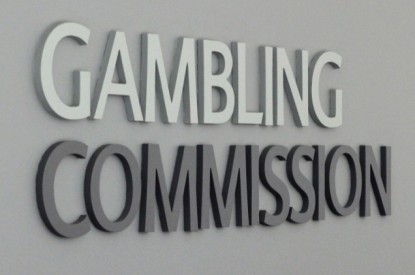Legislation
UK – Gambling Commission increases license fees for gambling operators
By Phil - 15 June 2021
The UK Government has published its response to a consultation on proposals to increase the fees payable by gambling operators to the Gambling Commission.
The changes include a 55 per cent increase in the fee bands for annual operating licences for online operators, which will take effect on October 1 2021. Fee bands for land-based operators will increase by 15 per cent, with these increases coming into effect on 6 April 2022 in recognition of the impact that COVID-19 closures have had on these businesses.
The Commission said: “The increased fees, which were last revised in 2017, will help the Gambling Commission respond to new risks and technological developments, as well as the increasing cost of its existing regulation. The revised fee structure will also help it to address areas for improvement identified by the National Audit Office and the Public Accounts Committee, such as improving its use of data and intelligence, and ensure effective regulation of the gambling industry.
“The uplift in fees will provide the Gambling Commission with greater resources to tackle new challenges such as product and payment innovation. This new structure will mean that the Gambling Commission is better equipped to deal with the changing landscape of the gambling industry which has become increasingly global in nature. The regulator will also be better placed to address the risks associated with unlicensed operators and the need to protect consumers and the industry from ‘black market’ encroachment.”
In addition to the rises to fee bands for annual operating licenses, all application fees will increase by 60 per cent and discounts for being licensed for multiple activities will be removed.
The ongoing Review of the Gambling Act 2005 is looking at the Commission’s powers and resources to ensure the regulatory framework around gambling is fit for the digital age.
The Commission added: “The Commission’s investment strategy will enable it to proceed with the highest priority investments. For example, in meeting the challenges posed by technological innovation, the Commission needs to invest in expertise to obtain, store and analyse data, including improving its collection of participation and prevalence data. In the short term it will therefore employ specialists with a skillset focused on developing the Commission’s route to improved data use and modelling. The investment strategy assumes a phased approach to implementation over the next few years, which will align with the Commission’s annual strategic and business planning activities.”
“The Commission also needs to invest in compliance tools such as improved hardware to better interrogate app-based products and deploy innovative software tools (for example web-scraping, bots and avatars) to assess operator compliance more effectively and efficiently. The Commission needs additional investment now to
ensure it has the right skills and expertise to develop and implement solutions to the challenges, and the investment for each challenge would need to focus particularly on the recruitment of specialist staff. This will need to include, for example, staff with technological expertise including an understanding of
digital market regulation; staff with the ability to interrogate, analyse and understand complex business structures and financial arrangements (necessary for annual fee-funded compliance and enforcement work, not just at the licence application stage); legal expertise so the Commission is better equipped to respond to the industry’s increased willingness to challenge decisions; and more capability and resource to shift to a more proactive stance on preventing illegal gambling.”


